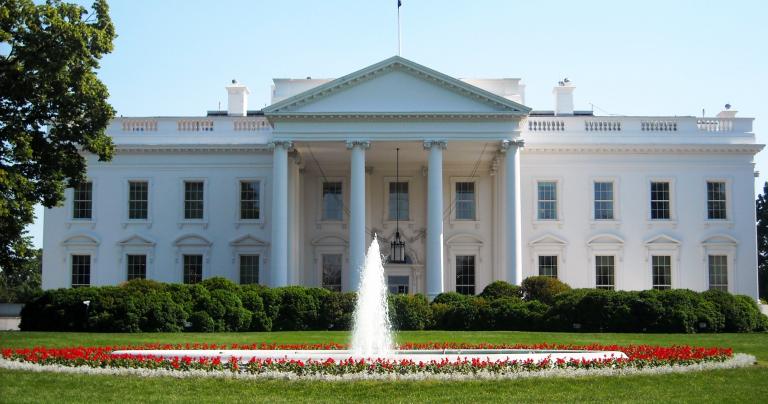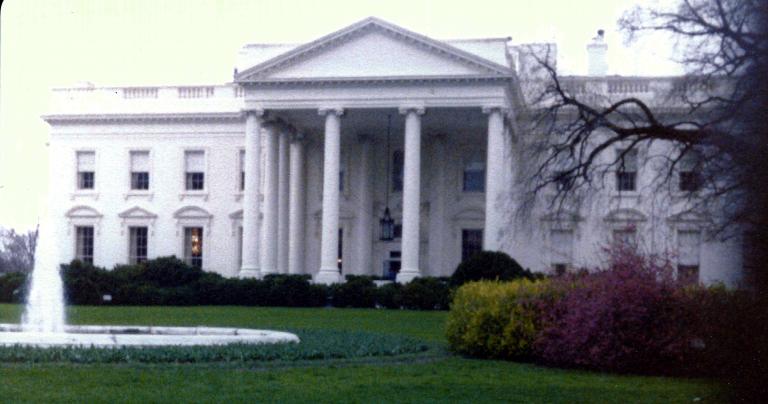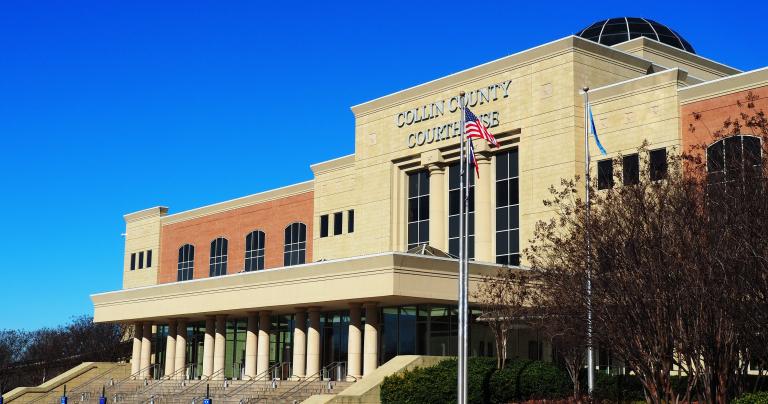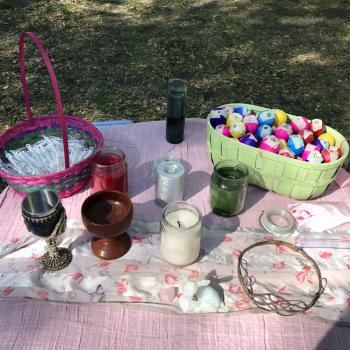The Iowa Caucuses are tomorrow night. All the campaigning that’s been going on for the past two and a half years – a ridiculously long time – has been the preliminary to the preliminary. Now voting to determine the Democratic nominee for President begins.
Sorta kinda. A caucus isn’t exactly an election. It’s an old, complicated, and time-consuming method of choosing a nominee. This piece from NPR describes how they work, if you’re interested. But for our purposes here, what’s important is that for the first time in this election, citizens will be expressing their preferences in a way that counts. Delegates will be awarded, and whoever wins the most delegates will have the first bit of momentum leading into the primaries.
Next Tuesday is the New Hampshire Primary, the first time votes will be cast in a standard election. The Nevada Caucuses are February 22, the South Carolina Primary is February 29, and Super Tuesday is March 3, when 16 states and territories will vote, including Texas. The process continues through early June, leading up to the Democratic National Convention July 13-16 in Milwaukee.
A complete list of primaries and caucuses can be found here. If you aren’t registered to vote, you still have time in most states.
I doubt there are many Under the Ancient Oaks readers in Iowa, though I know there are a few. But what I want to say before this election is what I want to say before all the primaries and caucuses this year.
Vote with your heart.

Trust in democracy
Democracy is based on one principle and one assumption. The principle is that everyone who has a stake in the country should have a voice – an equal voice – in how it’s run. The assumption is that collectively we can make better decisions than we can individually.
There is too much talk of who can or can’t defeat Donald Trump in the general election. We all have opinions on that, but we have no way of knowing who’s right. But the assumption of democracy is that the will of the people is, on the whole, better than the will of any one person.
Let’s trust in our collective wisdom. Let’s trust that the candidate most of us want, or even that a plurality of us want, is the candidate most likely to win the general election.
There is much that is wrong with the American system of elections: gerrymandering, corporate money, perpetual campaigning, voter suppression, the Electoral College, and more. The primary and caucus system has its problems. But this is the system we have, and it can work.
Let’s trust in democracy to find the best candidate.
The primary is the time to vet candidates
I see some people saying “don’t say anything bad about any of the Democrats – that’s just doing Trump’s work for him.”
No.
We should be careful how we criticize Democrats. Keep your criticisms factual. But finding the best candidate means picking them up, turning them over, and examining them carefully.
Who has solid policy proposals and who’s talking in generalities? Who inspires the Democratic Party’s many different constituencies and who turns off key segments of voters? Who has a track record of progressive governance and who runs away from their record? I don’t demand a lifetime of perfectly aligned votes – people grow and change over time. What I want is an indication of how they would govern as President.
This is the time to find any “skeletons in the closet” or any political weakness a candidate may have. Because you can be sure Trump’s campaign will find every single one, and then make some up of thin air. If someone has something in their past that would cost them a significant number of votes, better it come out in February or March than in an October surprise.

I support Elizabeth Warren
I declared for Elizabeth Warren (and contributed to her campaign) back in September. I had planned to keep my options open till the field narrowed down, but after the third debate I felt the need to make a decision.
I would have preferred a younger candidate, someone who’s going to have to live with the results of their governance for a while. I would have preferred a candidate that inspires a more passionate response. But when I looked at the more than 20 people running for President, Elizabeth Warren is the one I most want to be President.
I like her policies, and I like the fact that she’s focusing on policy. In 2016 Trump talked about how great things were going to be when he was President, with no plans beyond “trust me, you’re going to like it.” I prefer somebody who doesn’t just tell me where we’re going, but who shows me the map of how we’re going to get there.
And after what will be four years of Trump, I want a President who will be Presidential – someone whose character and conduct makes me proud to have them represent the United States in world affairs.
Bernie Sanders is my second choice
I voted for Bernie Sanders in the 2016 primary. I preferred his left-wing politics to Hillary’s centrism, but when he lost I gave her my full support.
To be honest, I wish Bernie hadn’t run again this year. I have concerns about his health, and I have concerns about how he would operate as President. His personality and demeanor are well suited for campaigning – he’s overflowing with passion. But I’m not sure how well he’d do when it comes time to sit down and compromise with Congress – even with a Democratic Congress.
But with Kamala Harris, Corey Booker, and Julian Castro out of the race, there’s nobody left to articulate progressive principles and push for progressive policies. If it can’t be Warren, let it be Sanders.
Amy Klobuchar might make a good President, but Warren or Sanders would be better. So might Michael Bloomberg, but I don’t want another billionaire President (though Bloomberg is far more qualified than Trump). Andrew Yang has no government experience, Pete Buttigieg is inexperienced and far too fond of right-wing policies, and Joe Biden… let’s just say I’m not interested in a nostalgia candidate.
You may have a different ranking. That’s fine. This is the primary – the goal is to select the best candidate. If we all vote with our hearts, we will end up with the candidate with the best chance of winning.
Vote for good candidates in all the races!
We aren’t just electing a President in 2020. We’re also electing 35 Senators and all 435 Representatives. Plus 11 governors and over 7000 state legislators.
Remember: the most troubling laws being passed right now are coming at the state level, not federal.
Every race matters.

In November, vote blue no matter who
Every single one of these candidates would make a better President than Donald Trump. Trump has already put two young conservatives on the Supreme Court. Liberal icons Ruth Bader Ginsberg (current age: 86) and Stephen Breyer (current age: 81) won’t live forever. The Court is making decisions that will impact our lives for decades.
I really don’t want to vote for Joe Biden. But if he gets the nomination not only will I vote for him, I’ll write the biggest check I can to his campaign. Removing Trump from office is that important.
But for now, this is the primary. Vote with your heart.

















